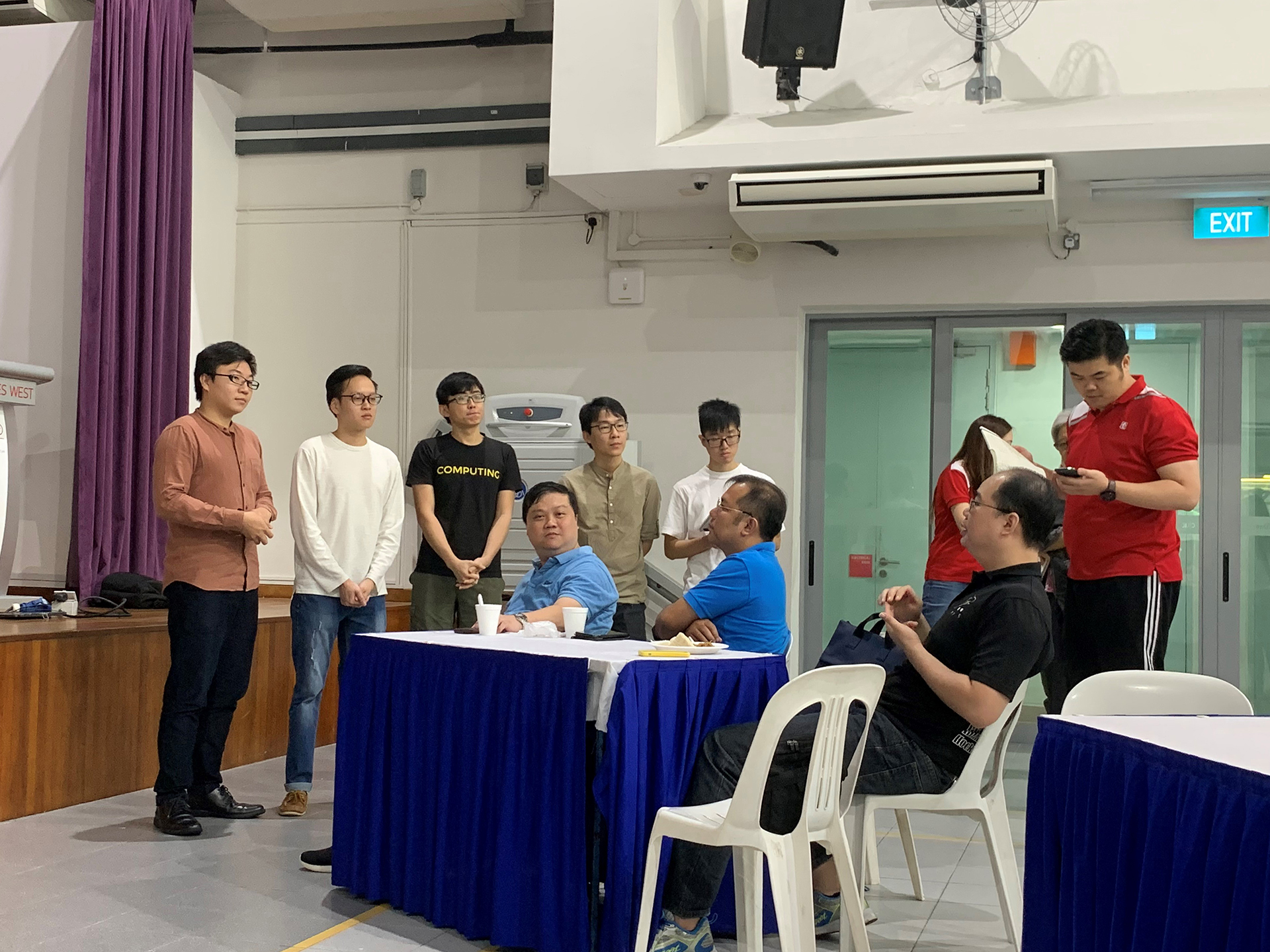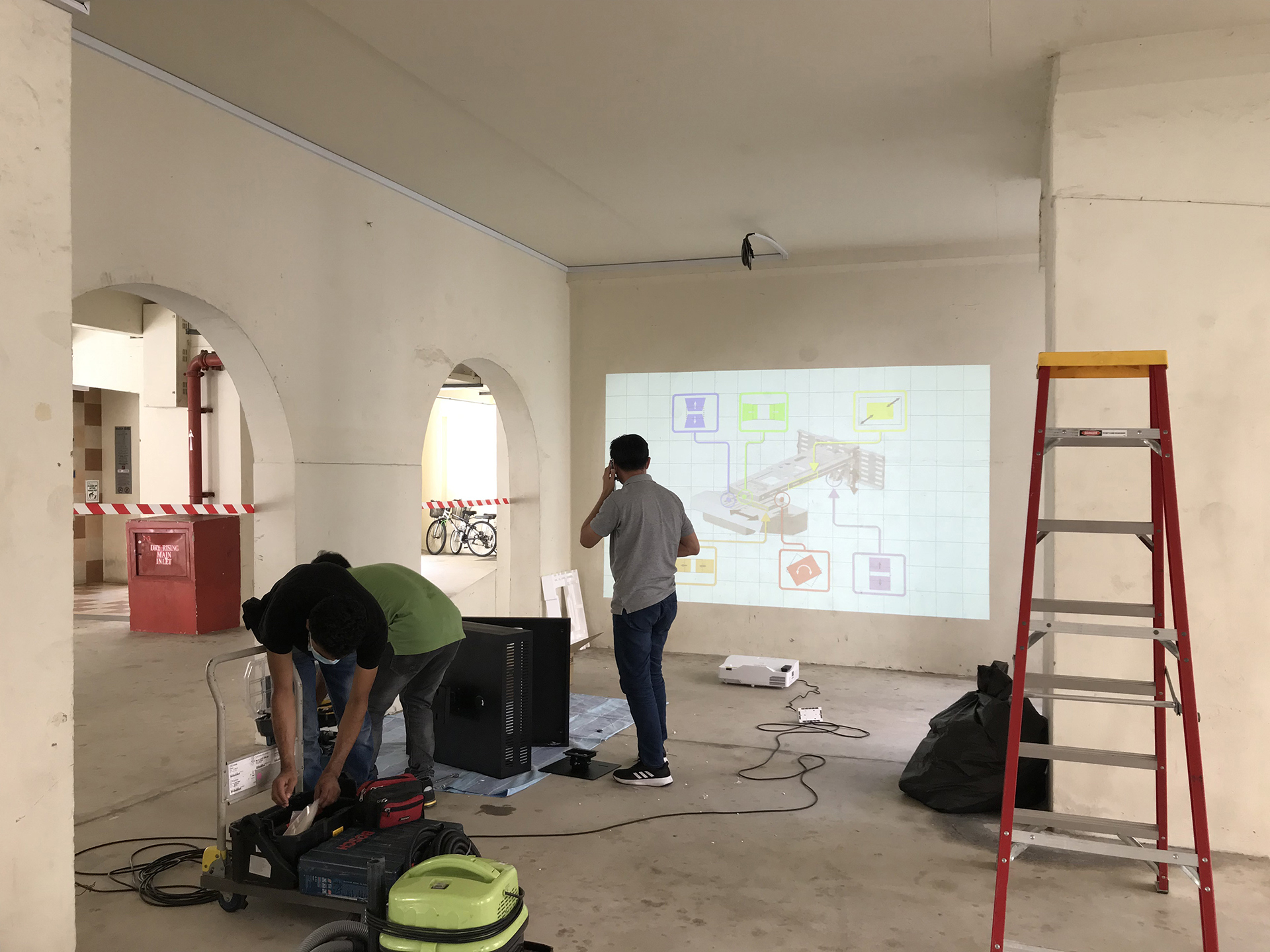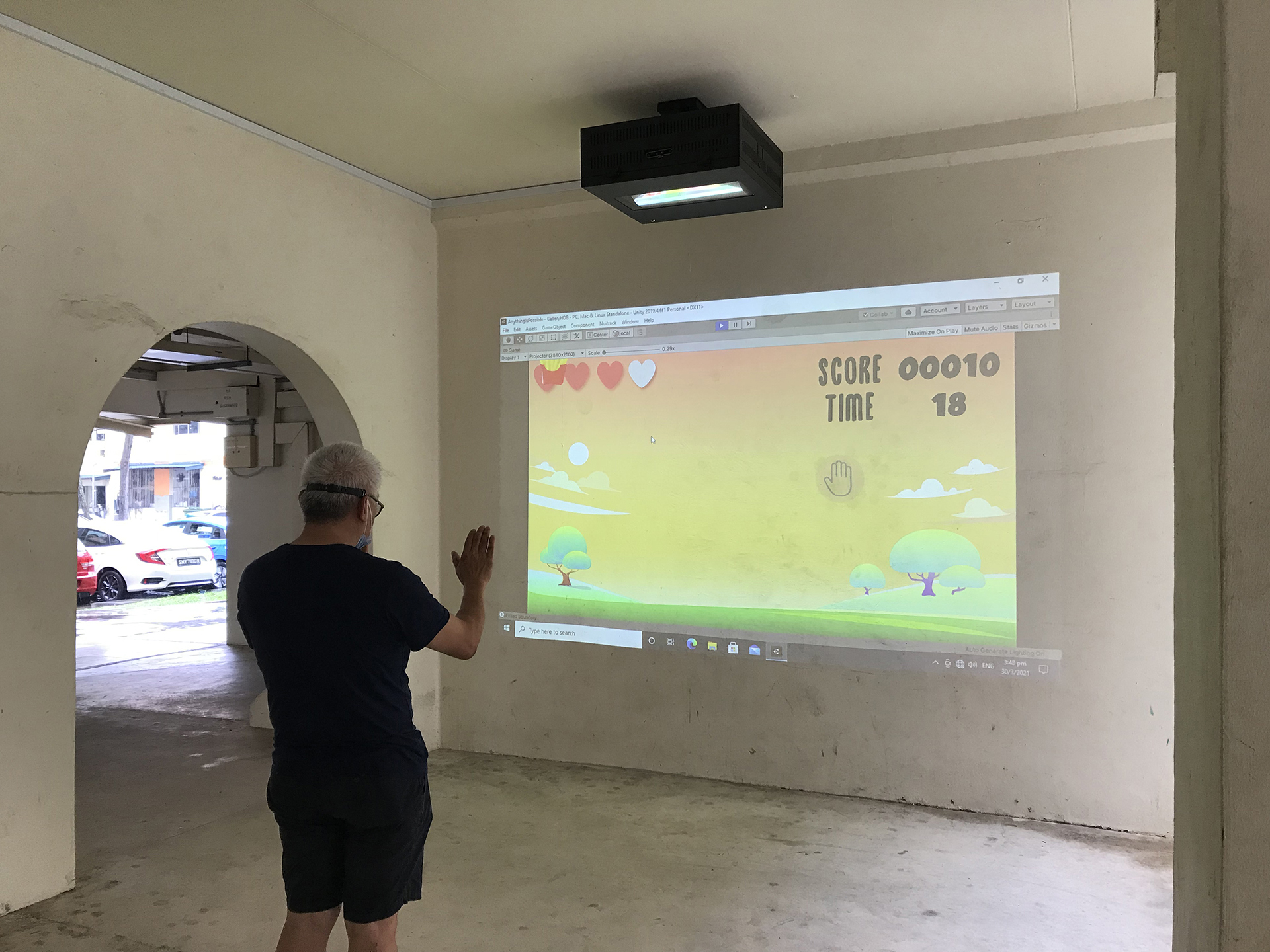Lively Places Challenge 2020
AUTHOR
Law Kai Xiang (Department of Architecture), Chew Keng Onn (Department of Architecture), Feng Weihan (Department of Architecture), Alvin Soh Wei Jie (Department of Architecture), Lee Jun Yao Francis (Department of Computer Science)

The Lively Places Challenge (LPC) 2020 is an initiative by HDB that aims to empower community-driven placemaking projects to enlivening Singapore’s public spaces. Team Void Deck 3.0, a group of NUS students from diverse faculties and departments (architecture and computer engineering) came together to participate in the Lively Places Challenge 2020. The team emerged as one of the 6 finalists under the “building fund category” and was awarded the merit prize. Projects that qualify under the “building fund category” are required to involve a physical transformation of existing public spaces, with an implementation period of more than 6 months.

The project was conceived as a reaction to the dwindling usage of void decks in present times. The team acknowledged that living in the digital age, void deck spaces are regrettably losing their old charm where people would spend time chatting with neighbours or playing with each other. They proposed to introduce technology as an overlay to revitalise void decks spaces. After interviews with residents and on-site discussions with stakeholders (Tampines Ville RC, Tampines Town Council, HDB and contractors), “Food Grab” was introduced in the void deck of Tampines Block 846 for the residents, with the hope of educating and promoting healthy living as well as fostering intergenerational community bonding.

The team’s proposal, “Food Grab”, is a game that utilises motion sensing technology, enabling players to interact with on-screen projections, projected by a projector, while a depth camera tracks their movement and hand positions simultaneously. The game is fruits-and-vegetables themed, in line with their intention to promote healthy living. Players are instructed catch the projected falling foods while avoid unhealthy foods. Health facts are also displayed in between stages of the game to educate players on ways to adopt a healthy lifestyle. The team believes that over the past few months, Void Deck 3.0 has developed a substantial community capacity and is confident that their implementation can be sustained in the long run. A void deck proposal that aspires to build relationships, renew relationships and re-member residents as a community.
View the project development video here: